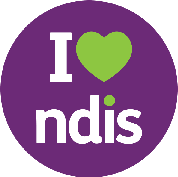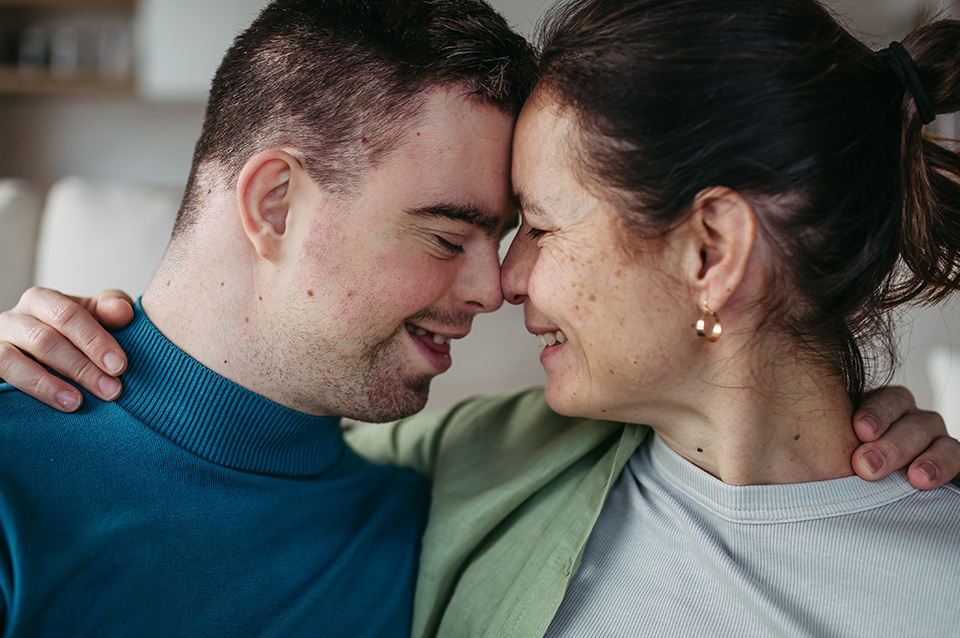For NDIS participants with complex needs, navigating the plan can feel overwhelming. A Level 3 support coordinator (also called a specialist support coordinator) is trained to guide you through the highest level of support. They specialise in complex NDIS needs, reducing confusion and helping you overcome significant barriers. In fact, support coordination is common – about 44% of NDIS participants have it in their plans (NDIS Quarterly Report).
In this article, we’ll explore 10 key ways a Level 3 coordinator adds value and unlocks your plan’s full potential. You’ll learn how specialist support coordination helps you get the right services, plan for crises, access mental health recovery, and maximise every dollar in your funding.
1. Guiding You Through Complex NDIS Plans
A Level 3 coordinator excels at navigating complex NDIS needs. They sit with you and break down the plan piece by piece.
They help you:
- Understand the categories of your plan and what each one means
- Identify overlaps or service gaps
- Prepare for plan reviews and reassessments
By designing a clear, step-by-step plan, your coordinator helps turn a complex NDIS plan into a practical and empowering roadmap.
🡒 Want to better understand your support options? Read our article: Understanding NDIS Support Coordination – What It Is and Why It Matters
2. Managing Crisis and Emergency Supports
Whether it’s a sudden health issue, housing crisis, or family emergency, a Level 3 coordinator helps you prepare through NDIS crisis planning.
They can:
- Develop prevention strategies and emergency plans
- Liaise with crisis services and arrange urgent supports
- Provide on-call support for high-risk participants
This is essential for participants who live with unstable health or housing. Your coordinator acts as a steady hand when things go off track.
For more on NDIS crisis planning, visit the NDIS emergency preparedness guide.
3. Connecting You with the Right Services
With a deep knowledge of providers across Sydney, NSW and beyond, Level 3 coordinators make navigating multiple services less overwhelming.
They help you:
- Find qualified providers for your exact needs
- Coordinate therapists, support workers, and allied health professionals
- Link you to community or ILC programs
Your coordinator ensures that all supports are aligned with your goals and work together rather than in silos.
🡒 See how we support provider matching at Centre of Hope: Our Services
4. Advocating During Hospital or Justice Transitions
NDIS participants moving in or out of hospitals, rehab, or the justice system often need specialist support coordination to ensure continuity of care.
Your coordinator can:
- Liaise with hospital discharge planners or mental health teams
- Arrange interim accommodation or support when leaving custody
- Advocate with justice or health agencies to protect your rights
This support is critical for justice-involved participants. For more, read our blog: NDIS Support for Participants Involved in the Justice System
5. Supporting Participants with Psychosocial Disabilities
For participants with mental health conditions, a Level 3 coordinator ensures that NDIS and clinical supports are working toward recovery together.
They:
- Work with psychosocial recovery coaches
- Coordinate mental health services and community engagement
- Advocate during times of emotional distress or risk
🡒 Read: Psychosocial Recovery Coach vs Support Coordinator – What’s the Difference?
6. Maximising Your Funding and Reducing Gaps
Level 3 support coordinators are experts in funding utilisation strategies. They know how to make sure you don’t underuse your plan.
They help you:
- Track and monitor your support budget
- Reallocate funds across categories when needs change
- Ensure no overlaps or duplicated supports
This means you get the most out of every dollar, and nothing goes unused by the end of the plan.
🡒 Want to understand what NDIS covers? Check our resource: NDIS Funding in Australia – What the NDIS Covers and What It Doesn’t
7. Designing Integrated Support Plans for Complex Needs
If you have multiple providers, services, or complex behavioural or physical needs, your coordinator will create an integrated service plan.
This plan includes:
- Schedules for all services and providers
- Communication channels for your full support team
- Backup arrangements if providers change or cancel
This reduces stress, duplication, and miscommunication across teams – keeping your supports streamlined and goal-driven.
8. Building Your Independence and Capacity
While they provide hands-on help, Level 3 coordinators also focus on long-term independence and capacity-building.
They support you by:
- Teaching you self-advocacy and budgeting skills
- Linking you to peer support or skill-building workshops
- Creating a step-down plan as you gain confidence
🡒 Explore more on personalised support: Book an Appointment with Centre of Hope
9. Addressing Complex Barriers in Daily Life
If you’re facing non-NDIS barriers (like cultural, behavioural, or regional challenges), your Level 3 coordinator acts as a creative problem-solver.
They might:
- Arrange interpreters or culturally safe services
- Connect you with providers outside your immediate area
- Advocate across sectors, including education, housing, and community
No matter how complex the issue, they’re committed to finding a tailored solution that respects your preferences.
10. Ensuring Continuity of Support
Change is part of life, and your coordinator will prepare for it. From transitions to new schools, ageing, or moving houses, they help you stay supported.
They:
- Prepare exit reports and plan handovers
- Monitor services to prevent gaps
- Plan future goals based on your life stage
🡒 Need ongoing coordination? Visit our Contact Page to get matched with a specialist coordinator today.
The Big Picture
A Level 3 support coordinator is more than just a manager – they’re your ally, planner, advocate, and guide. From navigating complex NDIS needs to connecting services, managing crises, and maximising funding, they help you thrive within the NDIS system.
If you or a loved one has high or complex needs, Centre of Hope is here to help. Our experienced team of Level 3 coordinators works across Sydney, NSW, and beyond.








